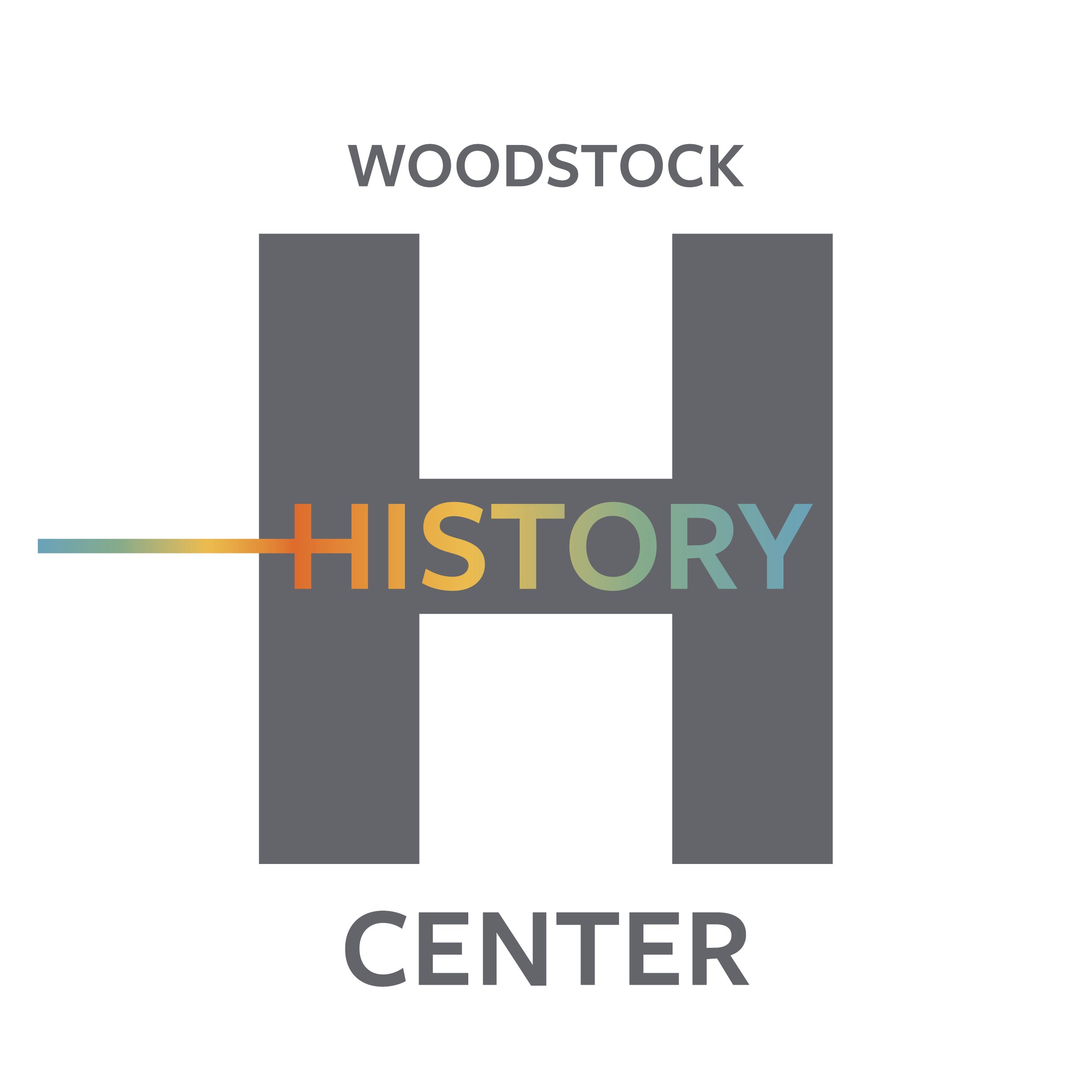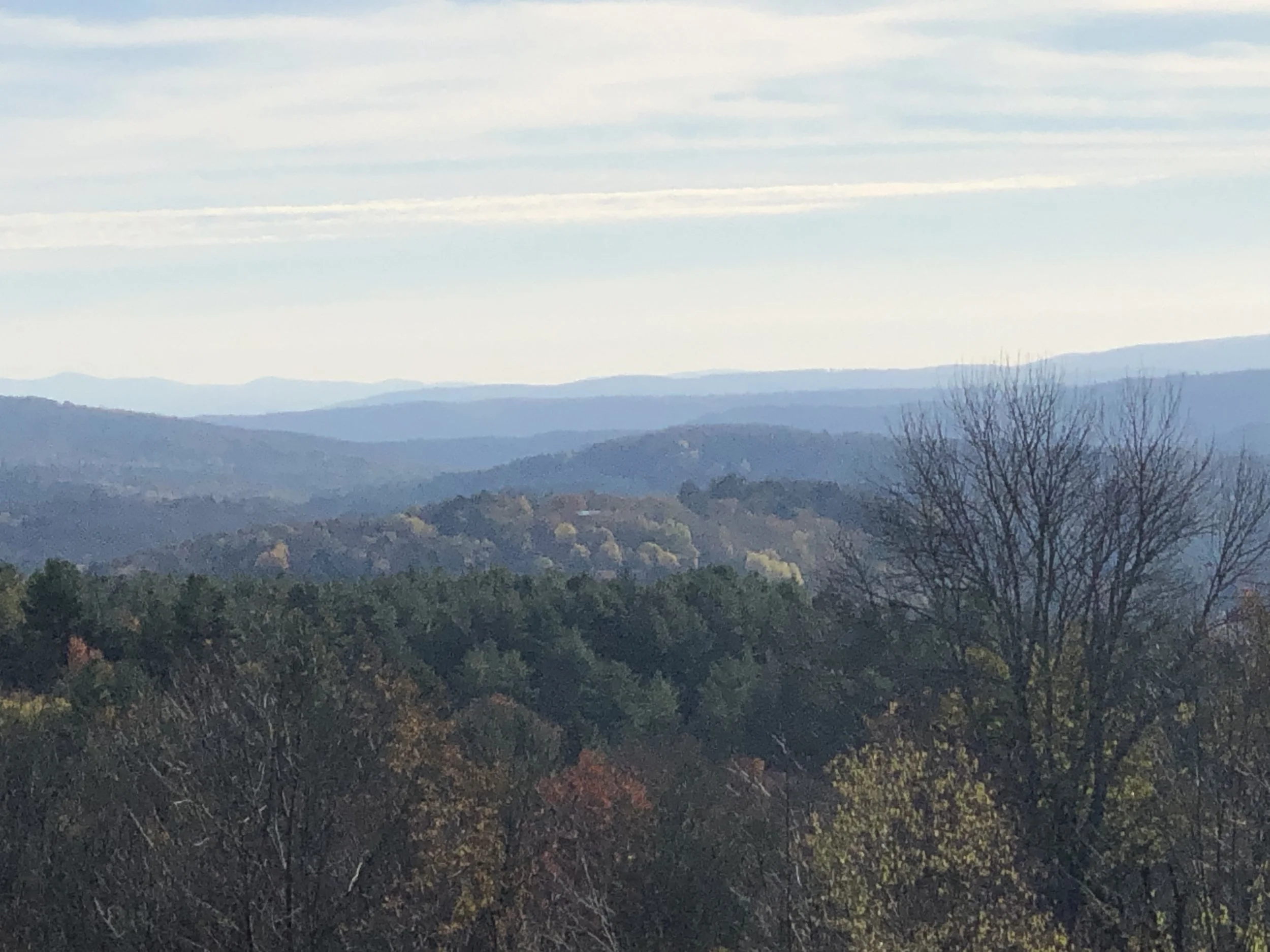View from Maple Valley Farm of what is now Vermont and New Hampshire
Indigenous histories are deeply rooted in present-day Vermont and New Hampshire, a region collectively known to Abenaki people as Ndakinna (“our homeland”). Early colonial explorers recognized the abundant natural resources that made this territory so hospitable, but failed to recognize the complexities of Abenaki lifeways. The inherently fluid and flexible structure of family bands, the seasonal nature of homesites, and the ready access to travel routes enabled people to strategically relocate as needed to gather resources, adapt to climate change, and evade conflict. During the French and Indian Wars, some Abenaki and other Native refugees joined new inter-tribal settlements organized around French Catholic missions, further confusing the picture of the past. During the late 1700s, provincial governors, soldiers, land speculators, and settlers alike colluded in re-writing regional history by promoting the notion that colonial settlers were the first permanent inhabitants and Abenaki people were wanderers who had abandoned the territory. This talk features new research into archaeological records, historical archives, and other sources that document Abenaki persistence and survivance, despite past and present attempts at erasure.
About the Speaker:
Dr. Margaret M. Bruchac (Nulhegan Abenaki) – in her multi-modal career as a performer, ethnographer, historian, and museum consultant – has long been committed to critical analyses of colonial histories and recoveries of indigenous histories and cultural heritage.
She holds a BA in Theater and History from Smith College, and a PhD from the University of Massachusetts Amherst. Her research has been supported by grants from the Five Colleges (2004), American Philosophical Society (2011), School for Advanced Research (2012), and Mellon
Foundation (2021), among others. At the University of Pennsylvania, Dr. Bruchac is Professor Emerita of Anthropology, founder of the Native American and Indigenous Studies Initiative at Penn, consultant to the American Section of the Penn Museum, and former Associate Faculty in the Penn Cultural Heritage Center. Bruchac directs “The Wampum Trail,” a restorative research project designed to reconnect wampum belts and other cultural heritage objects in museum collections with their related Indigenous communities. She is a member of the Great Lakes Research Alliance for the Study of Aboriginal Arts and Culture, and has long served as a consultant to New England museums, including Historic Northampton, Historic Deerfield, the Pocumtuck Valley Memorial Association, and Old Sturbridge Village. Her 2018 book – Savage Kin: Indigenous Informants and American Anthropologists (University of Arizona Press) – was the winner of the inaugural Council for Museum Anthropology Book Award.
This program is sponsored by the Woodstock History Center. Any views, findings, conclusions, or recommendations expressed in this program do not necessarily represent those of the Woodstock History Center or its partners.

